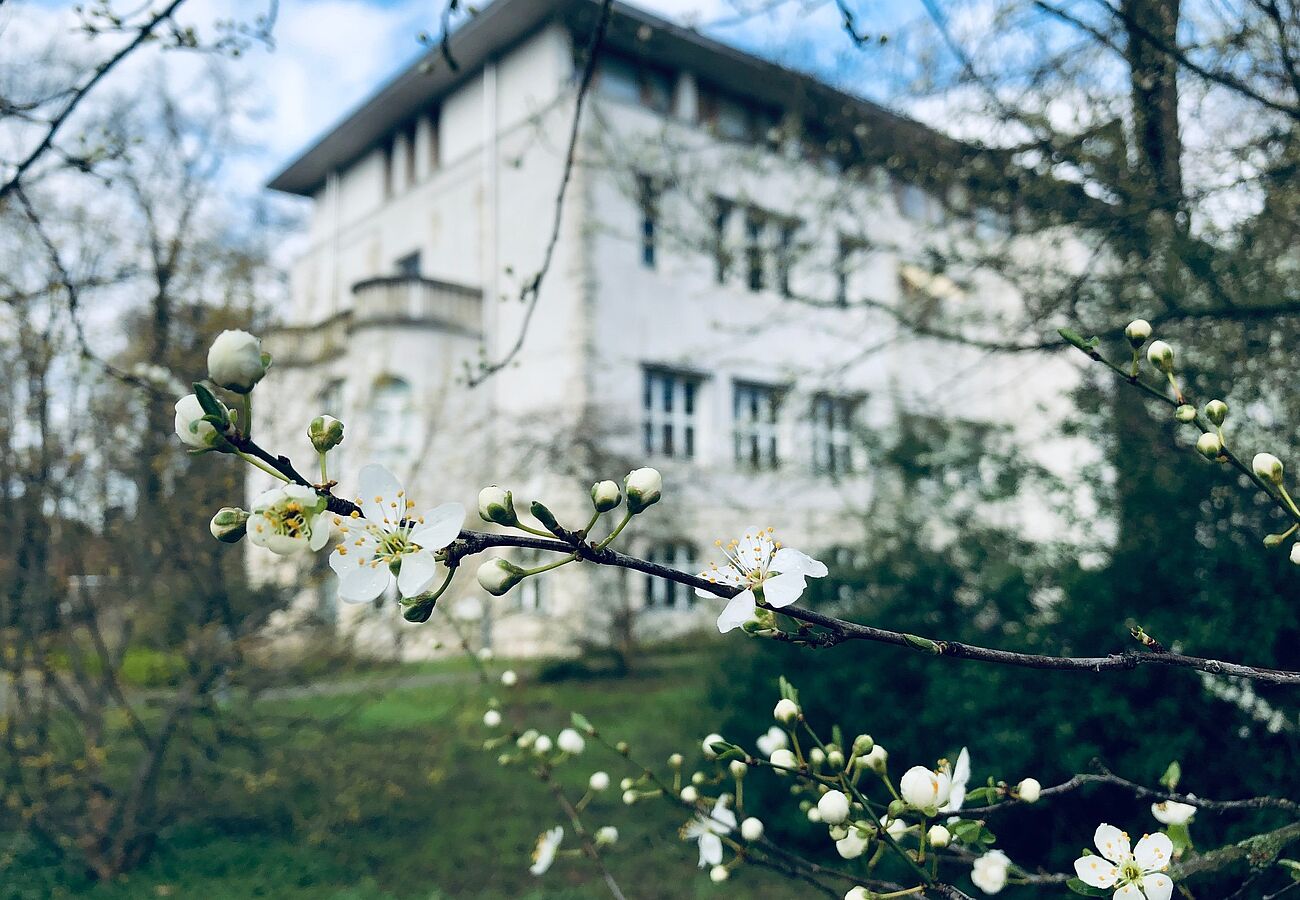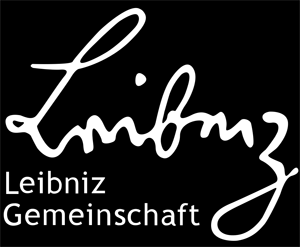In its statement, the Senate of the Leibniz Association attests a positive development of the Leibniz-Institute of Freshwater Ecology and Inland Fisheries (IGB) in Berlin and recommends that the Federal Government and the Länder continue funding the institute. The Leibniz Senate thus endorses the positive assessment of the international review panel that evaluated IGB in June 2018. Particular strengths include IGB’s interdisciplinary approach, a wealth of cooperation and the commitment to communicate beyond science at the interface to society.
IGB’s research is dedicated to fundamental structures and processes in freshwaters and their significance for sustainable ecosystem management. The represented disciplines range from hydrology, limnology and biogeochemistry to molecular biology and microbiology as well as to ecology and behavioural, fish and fisheries research. The combination of fundamental and applied research questions in these disciplines and at their interfaces is a distinct asset of the Institute.
Leibniz Senate recommends continued funding
As the Senate acknowledged in its statement published yesterday, IGB has developed dynamically since its last evaluation in 2011. The Institute has succeeded in becoming one of Europe's leading institutions in freshwater science. The topics and focal points addressed in the six departments and three overarching cross-cutting research domains are well chosen, timely and internationally important. In its meeting on 26th March 2019, the Senate of the Leibniz Association thus recommended that the Federal Government and the Länder jointly continue supporting the IGB for the next seven years.
Manifold cooperation and effective knowledge transfer
The strong publication record of the institute was positively noted, as was IGB’s remarkable interdisciplinary cooperation. The innovative integration of traditional public relations and knowledge and technology transfer was considered excellent. The launch of the so-called "Science-Society-Interface“ is effective at transferring knowledge from research to society in a targeted manner and facilitates that future research, in turn, is inspired by emerging environmental and other issues identified by society.
The Senate also praised the partnerships with the universities in Berlin and Brandenburg as well as the diverse and intensive cooperation with other national and international partners. The statement further emphasizes IGB’s excellent infrastructure, including the LakeLab, a unique experimental facility in Lake Stechlin. This infrastructure of international importance offers an excellent basis for unique field experiments involving external cooperation partners.
Environmental data offer promising perspectives
There is strong support for IGB’s efforts to take advantage of the currently rapid technological advances to collect, process and provide extensive environmental data from freshwaters. These data are mainly derived from IGB's long-term research programme and large-scale experiments. Managing these data will be major tasks for the Institute in the future.
"We are pleased that the evaluation committee has recognized the dynamic development of IGB over the last seven years," comments acting IGB director, Professor Mark Gessner, the results of the evaluation. "The committee's analyses and recommendations provide an excellent basis for us to further develop IGB as a leading freshwater research institute and key player and partner in science and society."

